Authorities have warned people that the situation of fraud in buying cheap airline tickets and appropriating property will continue to recur near Tet 2025.
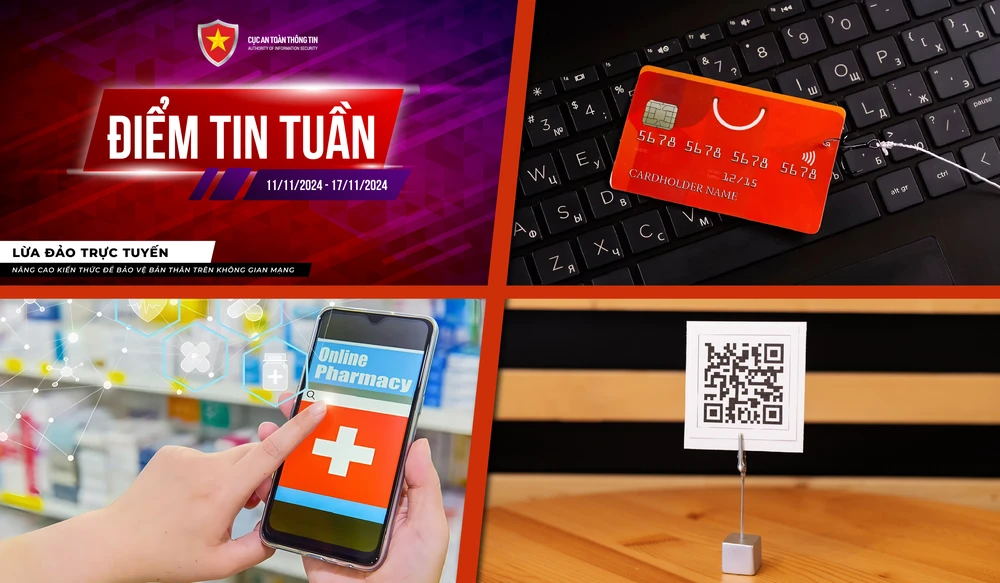
Recently, scammers have used sophisticated tricks and methods to sell cheap Tet holiday 2025 airline tickets to deceive customers. Therefore, authorities and airlines have advised people to be alert and carefully check information before making transactions.
Fraud buying cheap airline tickets online
Vietnam Airlines and the authorities have recorded a number of cases where websites, organizations, and individuals claim to be agents of the airline. Specifically, some websites have similar domain names, which can easily confuse customers, such as: vietnamairslines.com; vietnamaairlines.com; vietnamairlinesvn.com; vemaybayvietnam.com. These websites have addresses, interfaces, colors, and logos designed similarly to the official website of VNAs, so it is difficult to distinguish them from the official website of Vietnam Airlines (https://www.vietnamairlines.com).
The above-mentioned subjects' method is usually to impersonate Vietnam Airlines' level 1 ticket agents. When customers complete the procedures to buy flight tickets, they will receive a booking code as a security deposit and a warning to pay immediately or the ticket will be canceled.
After receiving the money, the subject did not issue a ticket and cut off contact. The transactions were made online, after payment the customer only received a booking code but the agent did not issue a ticket. Because the booking code had not been issued to the airline ticket, it would automatically cancel after a while and the customer would only know about this when they arrived at the airport to check in.
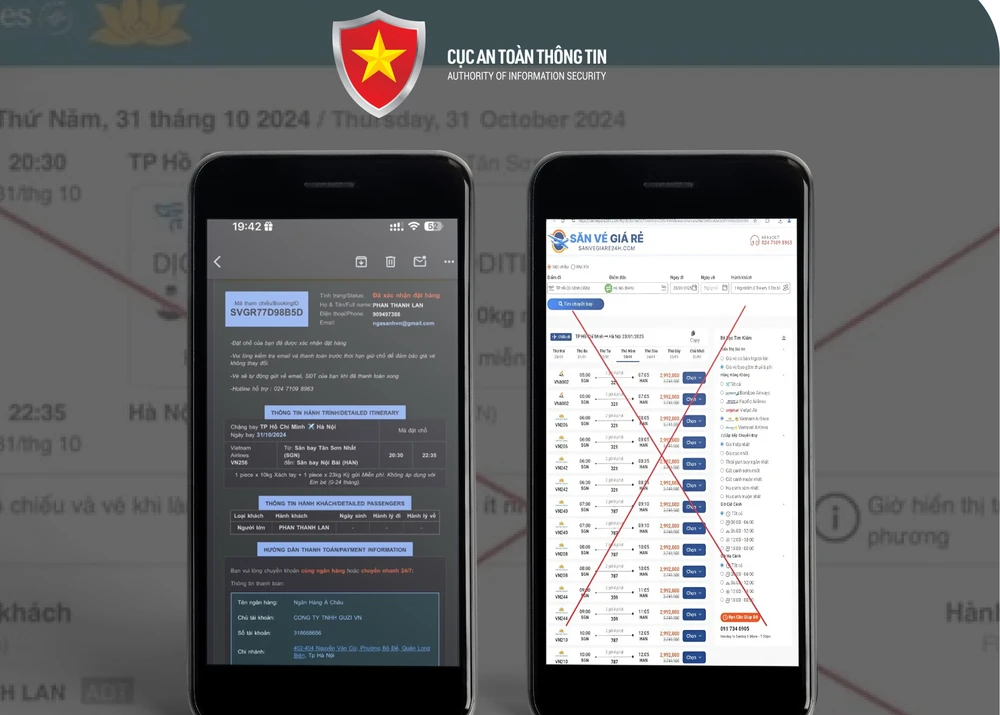
In addition, some subjects send emails or messages informing customers that they have “won” or received a discount on airline tickets. When customers access the attached link and provide information, the scammers will steal credit card information or request payment. In addition to the above method, many scammers, after receiving money from customers, still issue tickets but then refund the tickets (paying a refund fee) and taking most of the ticket price that the buyer paid.
This is not a new scam, in previous years, every time Tet approaches, there has been a surge in cheap airline ticket scams. The most common are social networking sites offering Tet tickets at lower prices than the general market, along with convenient flight dates and times to attract customers.
To create trust, the person posting the offer to buy cheap airline tickets even created photos of successful transactions. However, when the user transfers money, the subjects will block Facebook or phone contact, erasing all traces.
Faced with the above sophisticated tricks, the Department of Information Security ( Ministry of Information and Communications ) recommends that people who need to book airline tickets, train tickets, etc. should conduct transactions through the official website, mobile application or directly at the ticket office and official agent of the airline.
Customers who buy air tickets on the website should pay special attention to accessing the correct official address of the airline or contacting the hotline directly if they need answers or direct support related to booking and buying tickets. If you receive offers for air tickets that are too cheap compared to the information of the airline, do not rush to book tickets but check again because it may be a trick of bad guys with the purpose of fraud. Do not access strange links or download applications of unknown origin to avoid having your device taken over and your property stolen.
In case of suspicion of being scammed, people need to immediately report to the authorities or report via the Vietnam Information Security Warning System (canhbao.khonggianmang.vn) for timely support, resolution and prevention.
Beware of credit card fraud, bypassing biometric authentication
According to Long An Provincial Police, there are currently fraudulent tricks and abuses of online payment transactions. Solutions are needed to protect people from increasingly sophisticated forms of fraud.
People impersonating bank employees, offering to increase credit card limits, fraudulently calling to refund account holders, asking customers to provide personal information and appropriating money at banks, technology criminals also use tricks to bypass biometric authentication. Many users of fake applications with malicious intent also become victims of fraud. Many scams and property appropriation traps appear through bank transactions.
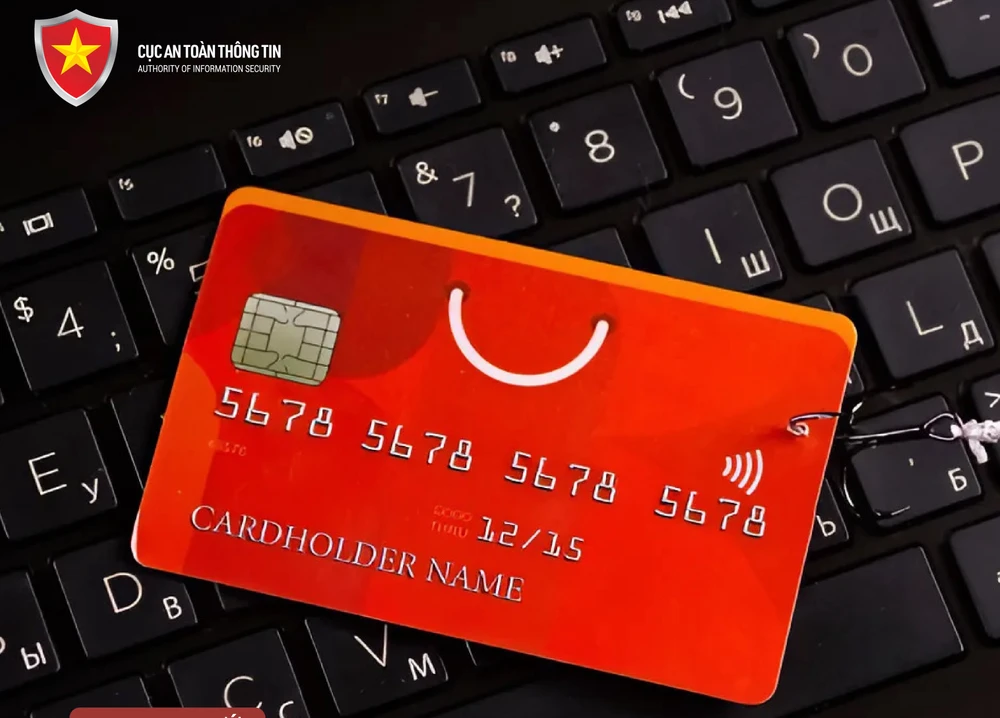
In response to the above information, the Information Security Department recommends that people be cautious of calls claiming to be bank staff providing online support. Absolutely do not follow instructions, provide sensitive personal information or OTP codes, CVV codes (short for Card Verification Value, a series of 3 digits printed directly on the back of a visa card) to strangers.
Note that the bank will never ask users to provide this code. Do not access strange links or install applications from unknown sources; only download applications from reputable app stores to avoid device hijacking or information theft. Do not enter credit card information on strange websites or sites that users have never transacted with.
If you suspect you have been scammed, you should immediately report it to the authorities or consumer protection organizations for timely support, resolution and prevention.
The Information Security Department also warns about fraud and property appropriation when consulting on buying and selling medicine.
Specifically, recently, a woman in Thai Binh province was scammed out of more than 200 million VND when she believed the words of two drug consultants who promised to help her buy insurance to receive monthly payments.
At the police station, the two scammers confessed that because they had no money for personal expenses, they searched for information about patients to call them to get to know them, learn about them, and advise them on selling medicine.
If they see that the victim is gullible, the subjects will talk to create trust to entice and promise to help the victim buy insurance to receive monthly payments. With this trick, the subjects have appropriated a total of over 200 million VND from Ms. M.
The common method of these scammers is to operate in groups, create fake social media accounts, and post advertisements for "miracle" drugs at high prices. Many of these pages do not have a contact address, only a phone number for consultation.
Besides those who claim to be "consultants", there will be other subjects whose job is to impersonate doctors at central hospitals to diagnose and prescribe medicine.
More sophisticatedly, these groups also carry out the trick of "discounting" for the elderly, the poor, and the seriously ill, aiming to exploit the psychology of some consumers who love promotions. If they realize that the victim is gullible, the subjects also lure them into buying insurance with super attractive incentives and policies to appropriate the victim's assets every month.

In the face of the current scam situation, the Information Security Department recommends that people be cautious with information posted on social networking platforms, and verify the authenticity of information or subjects through official information pages. Do not participate in groups providing services on social networks, especially services related to online medical consultation or selling special medicines. Do not buy and sell medicines of unknown origin, unverified, or transact with subjects of unknown identity.
In case of not being able to go directly to the doctor for examination and treatment, people should only use official online platforms that are licensed and have a clear doctor identity verification system. In addition, if people do not have enough understanding of insurance, they should absolutely not participate in buying and selling insurance on social networks to avoid having their assets seized or personal information stolen./.
Source: https://www.vietnamplus.vn/tai-dien-tinh-trang-lua-dao-mua-ve-may-bay-tet-de-chiem-doat-tai-san-post994072.vnp


![[Photo] Prime Minister Pham Minh Chinh attends the groundbreaking ceremony of Trump International Hung Yen Project](https://vphoto.vietnam.vn/thumb/1200x675/vietnam/resource/IMAGE/2025/5/21/ca84b87a74da4cddb2992a86966284cf)
![[Photo] Scientific workshop "Building a socialist model associated with socialist people in Hai Phong city in the period of 2025-2030 and the following years"](https://vphoto.vietnam.vn/thumb/1200x675/vietnam/resource/IMAGE/2025/5/21/5098e06c813243b1bf5670f9dc20ad0a)
![[Photo] Determining the pairs in the team semi-finals of the National Table Tennis Championship of Nhan Dan Newspaper](https://vphoto.vietnam.vn/thumb/1200x675/vietnam/resource/IMAGE/2025/5/21/eacbf7ae6a59497e9ae5da8e63d227bf)


![[Photo] Prime Minister Pham Minh Chinh receives Rabbi Yoav Ben Tzur, Israeli Minister of Labor](https://vphoto.vietnam.vn/thumb/1200x675/vietnam/resource/IMAGE/2025/5/21/511bf6664512413ca5a275cbf3fb2f65)





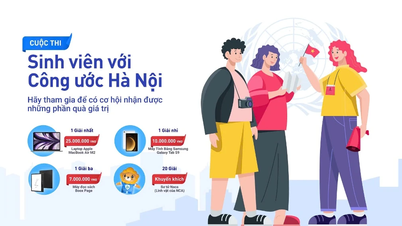


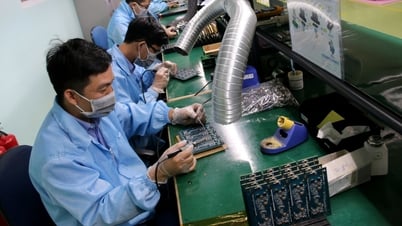





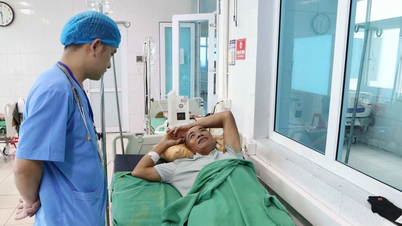
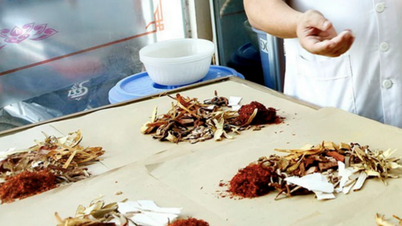
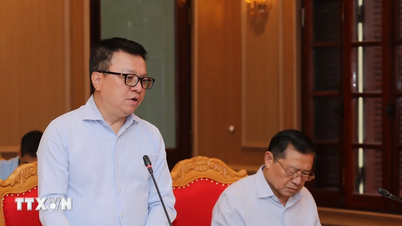













































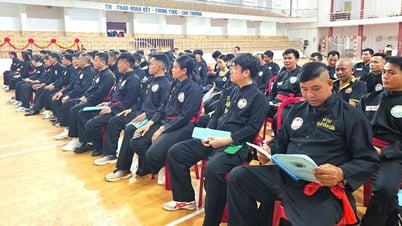





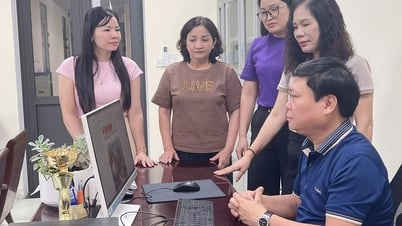


















Comment (0)